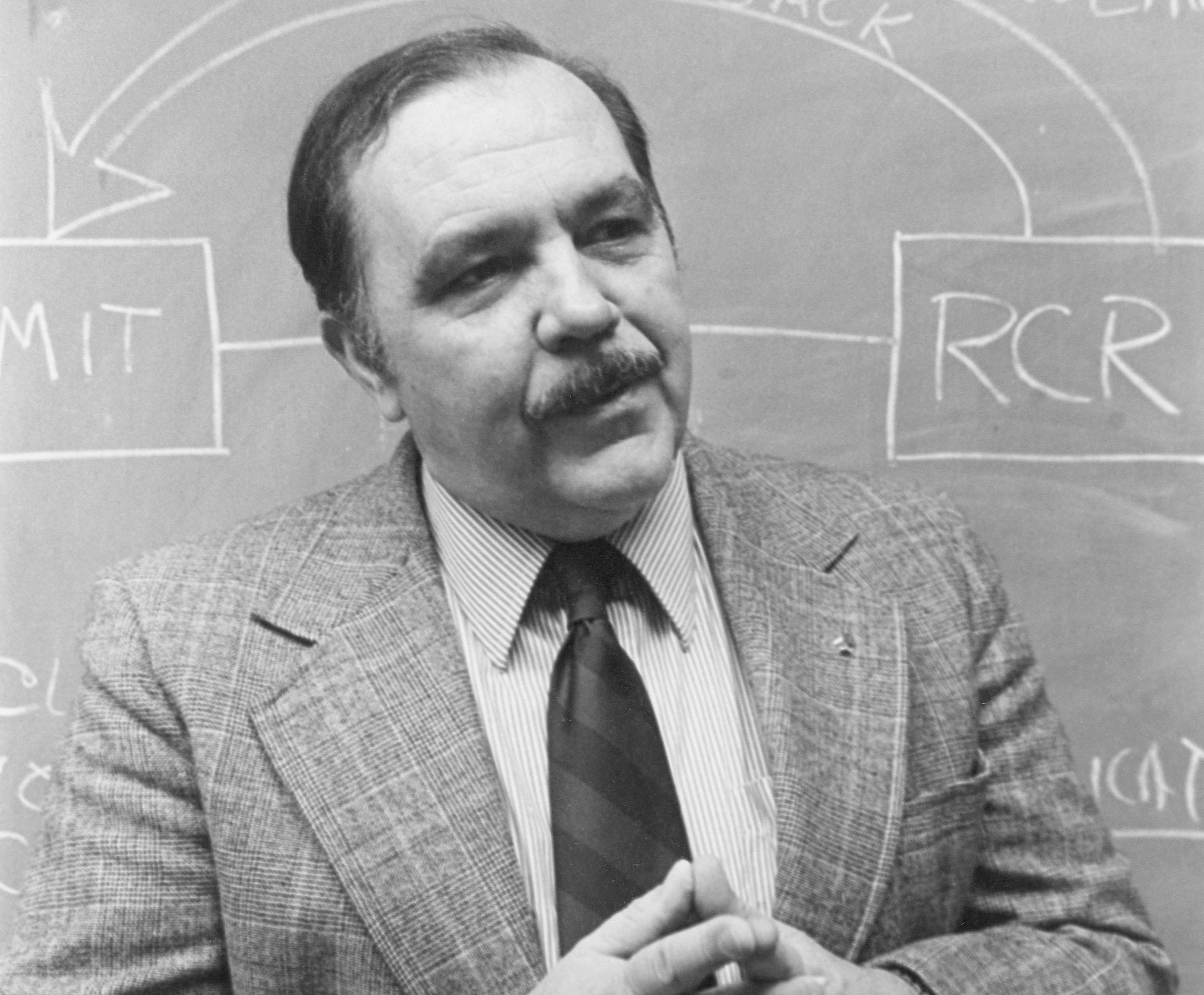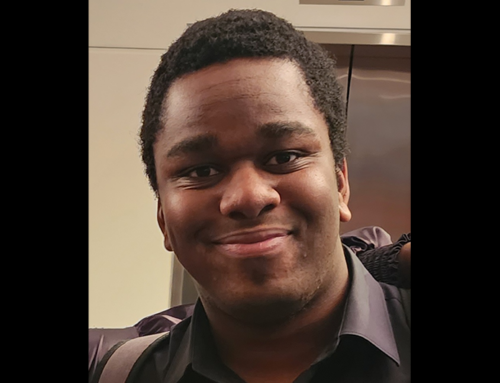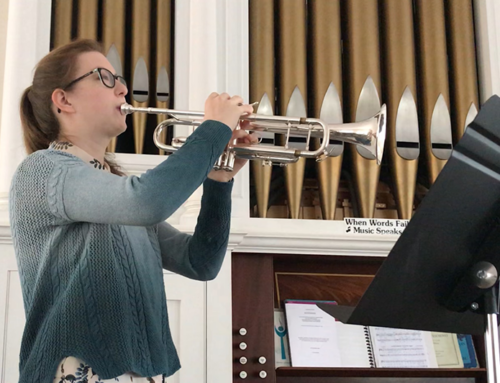
Author: Michael Montegut ’90
Writer
This post originally appeared on the MJMWanderings Blog.
This entry started out as another boring housekeeping post that was primarily designed to let readers know that there is another blog on my site that showcases some of my poetry. Happily, it has morphed into a short remembrance of one of my favorite people. The blog with my poetry can be reached by selecting the “Poetry” item from the site menu.
I took my first poetry course in college at Rensselaer Polytechnic Institute. It was taught by a brilliant, kind, dedicated professor named David L. Carson. David made poetry come alive and over time we forged a friendship and he oversaw a couple independent studies that I did in the School of Humanities & Social Sciences. That first introduction to poetry was with the famous Norton Anthology of Poetry. David was a wizard with that book, seeming to have memorized the whole thing and able to direct students to the exact pages with particular poems or lines without looking at notes or thumbing through the book himself. He literally knew the book from cover to cover and this made it possible for him to teach the subject with ease and a fluidity that gripped everyone’s attention. Over the next couple years, I came to see that David had encyclopedic command of many other texts and I was always amazed at the way he rapidly came up with examples and references that most applied to the topic at hand. It was like having the abstract plucked from the intellectual ether and brought into the light of reality.
One aspect of David’s poetry course was that he insisted that students try writing verse in the various styles that we covered during the semester. He was incredibly generous with his time and even after the course was completed he was more than willing to review the independent writings of his students. As a teacher and mentor he often encouraged me to remain creative by writing regularly, keeping a journal, and reading widely. I owe my continued interest in reading and writing verse to David and his style of teaching. As a friend he was always available to listen to my angst over my various college student struggles. Many times he helped me think things through to clarity and I owe a part of my resilience to him.
David passed away in 2003 and still I miss his sage advice and his humor. I know I am a better writer and a more avid reader for having crossed paths with this kind and learned man. He was one of those people who was born to teach, yet never made a big to-do about being a professor at a large university (RPI). He just loved to write and read and he lived to share this enjoyment with others. The last time I saw him he was already having trouble breathing and he gasped for air a lot even with his oxygen mask on. He waved away my concerns for his comfort and insisted that I tell him what I was reading and show him my notebook (which he insisted a good observer of the world carries around with them always, a habit I have kept up all these years) and recite some poetry I had recently written. He was sharp as ever, offered several suggestions, and took me to task for some intellectual laziness on my part.
So many people touch our lives and it feels good to remember those who, though they might be gone far away, have left a pleasant permanent impression on our thoughts, actions, and outlook. It is people like this (in whose absence we still hear freely given advice, see kind eyes urging us to keep trying, and feel another’s palpable desire for our fulfillment and success) that have the greatest impact on our lives and the lives of others we, in turn, touch. Thank you, David!
I view poetry as a way to express complex thoughts, feelings, and experiences in a compressed and artistic format. I like free verse, with its ability to hold a kind of Zen-like light on the world of perception. I also like constrained verse and marvel at the way that a simple or complex structure can lead me to discover new ways to express just about anything one can imagine.
I hope you enjoy my poems. Please leave comments, questions, and your own insights in the comments section. Finally, if you have not already tried your hand at verse and would like to, go for it. Anyone can create using words and whatever you produce will be uniquely your own. Even if you do not show it to anybody, keep it for yourself and add it to your observations of the world and life. Make it one of the modalities you use in your journal or diary.




